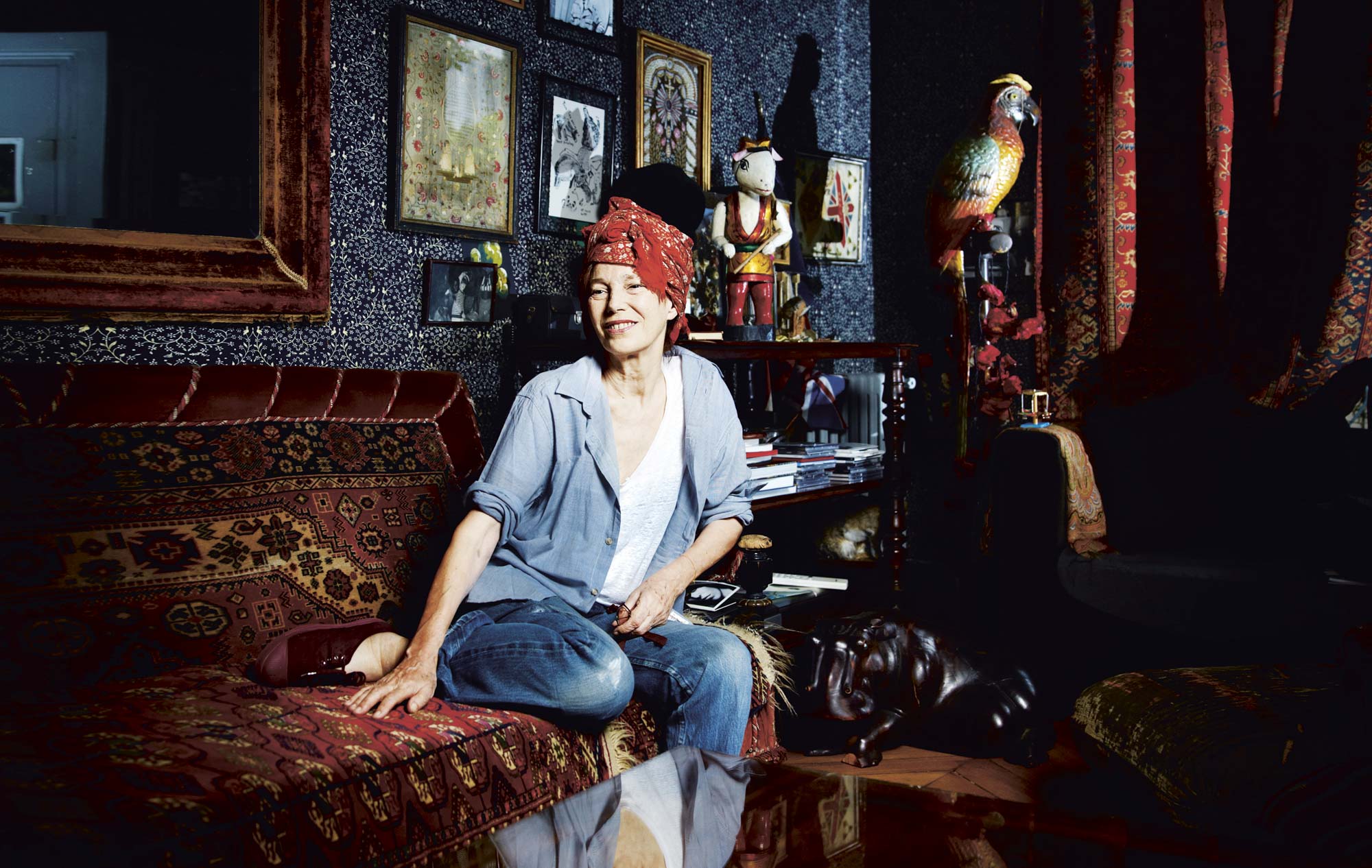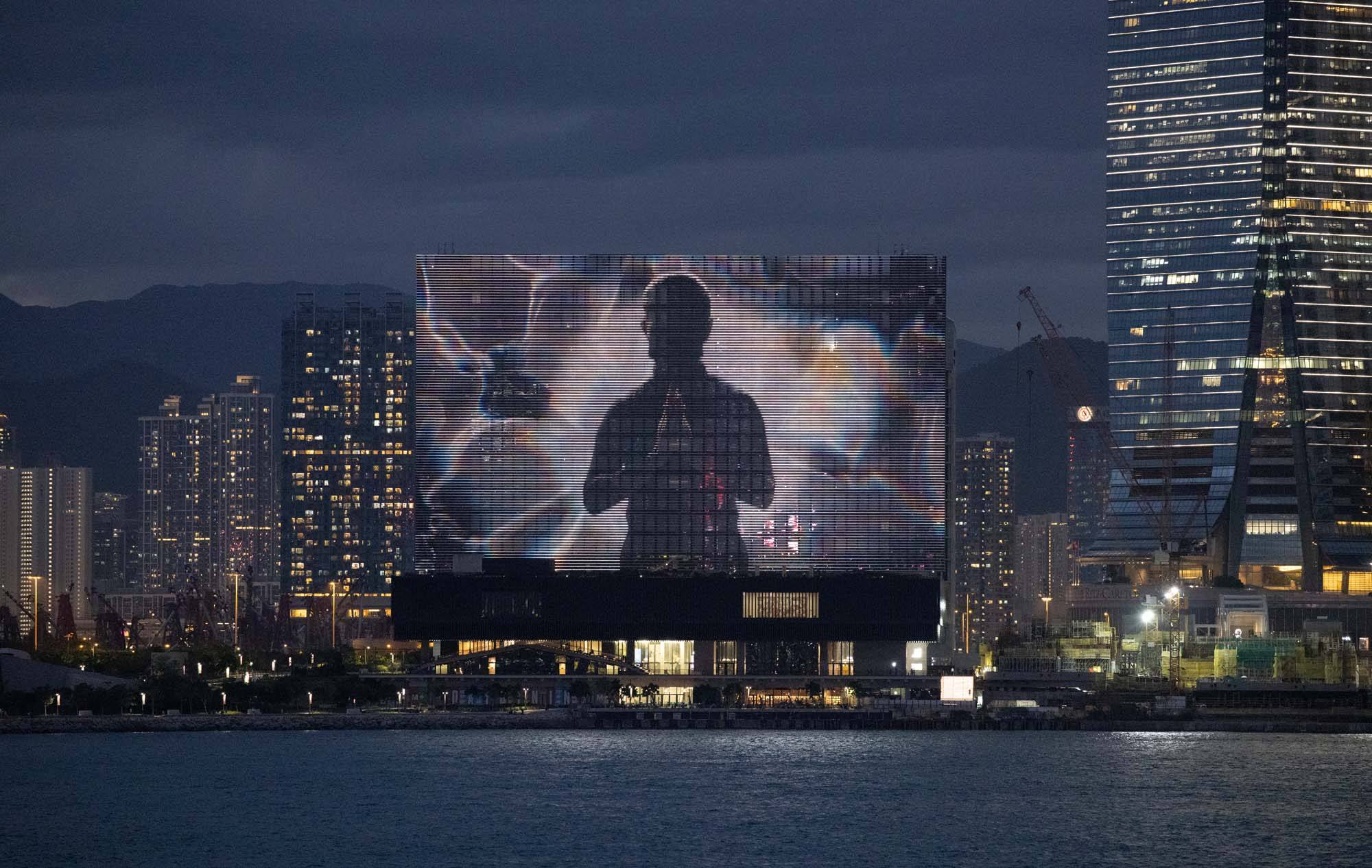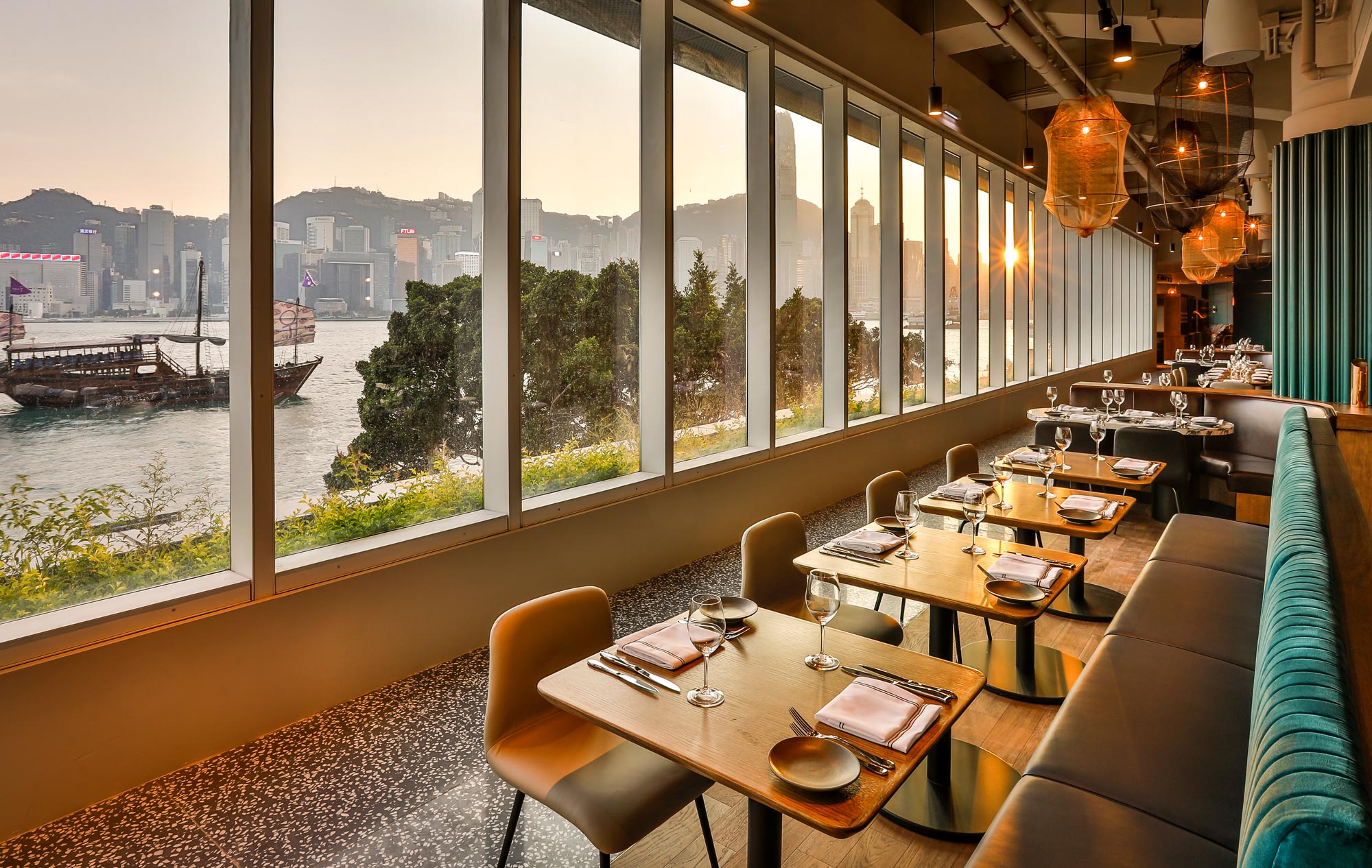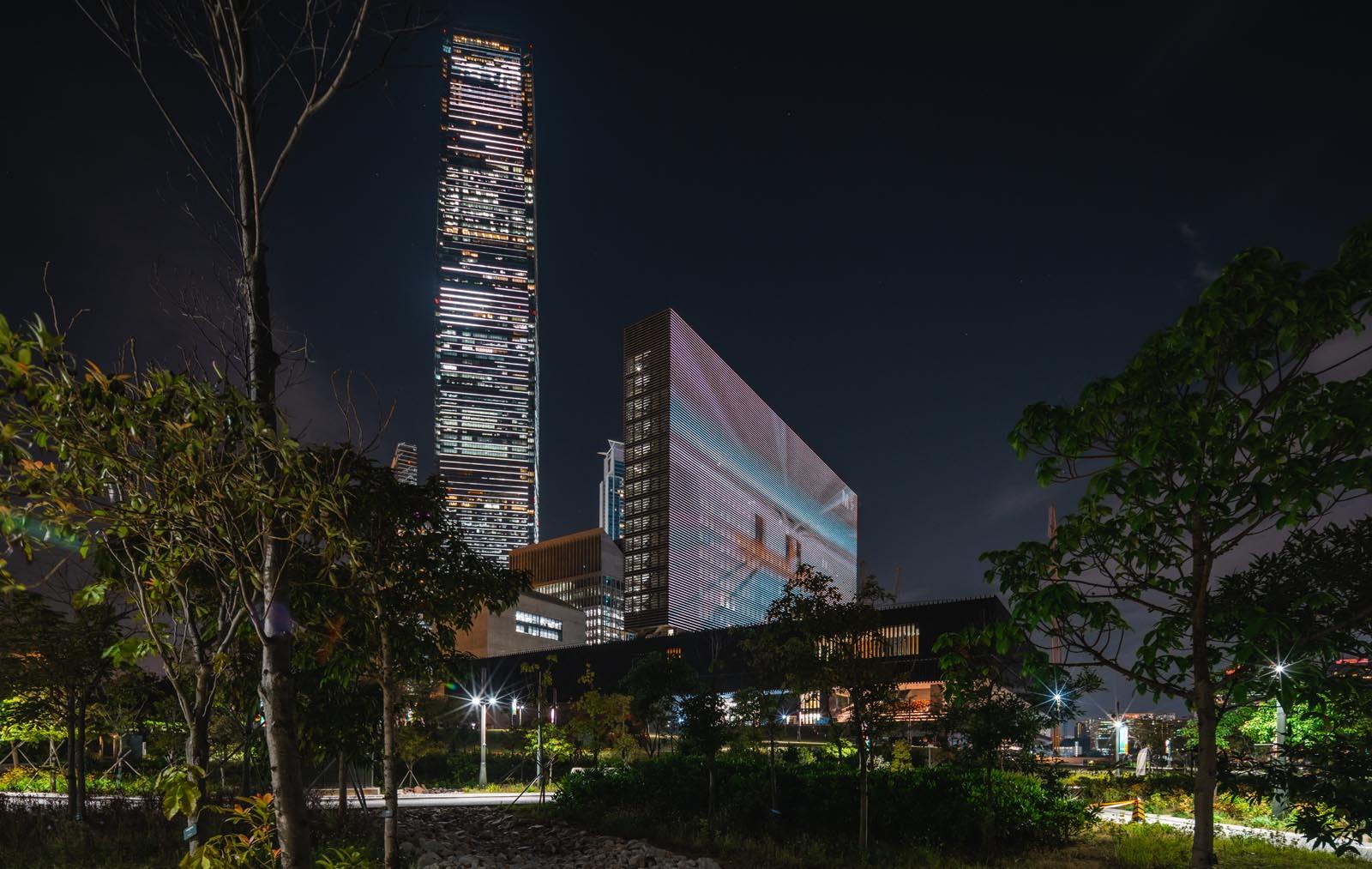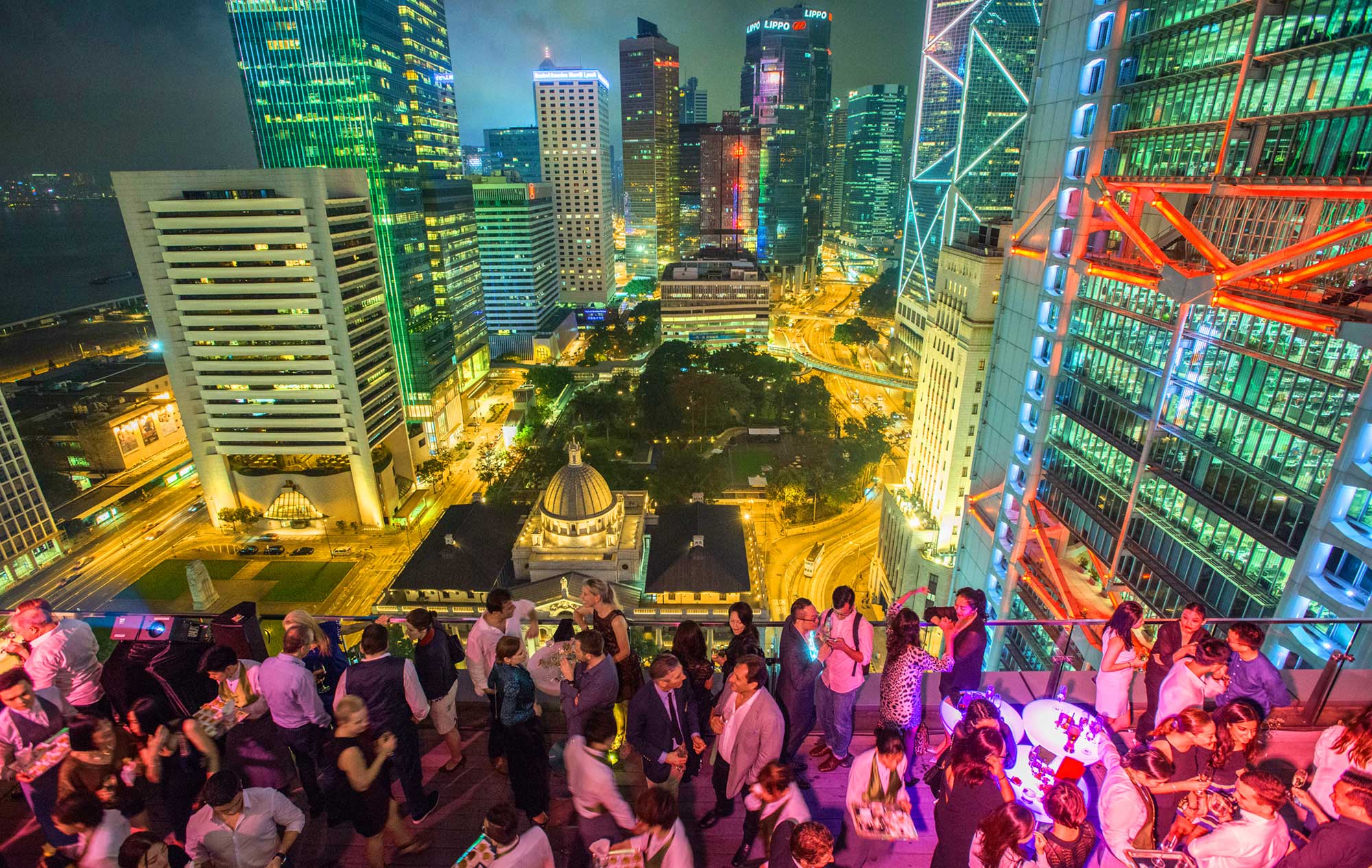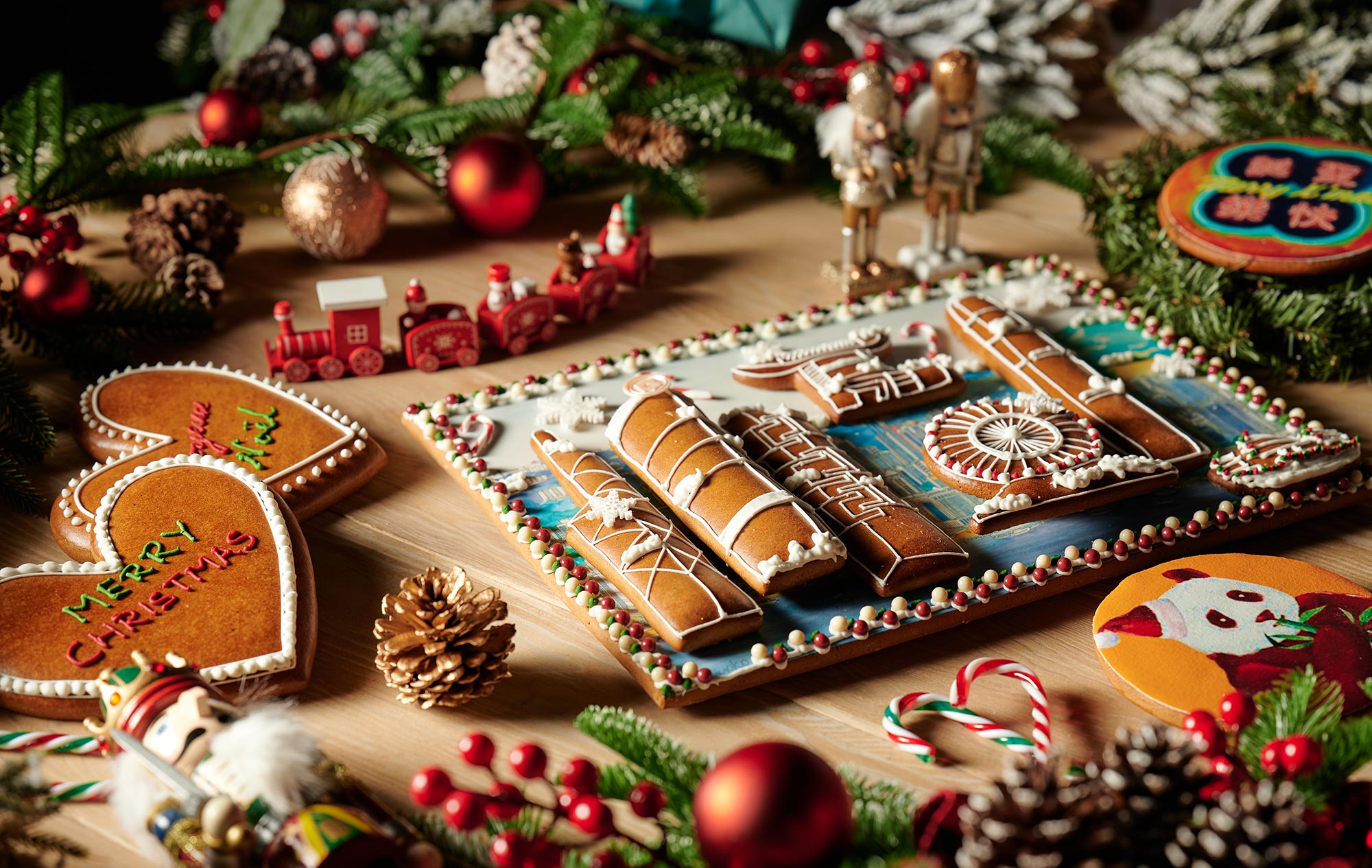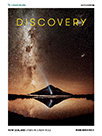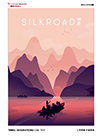It has been decades since Jane Birkin – OBE and recipient of the French National Order of Merit – impulsively jumped into the Seine after an argument with her lover Serge Gainsbourg. That was back in the days when Birkin and Serge, the most famous couple in France, were making records like Je T’aime… Moi Non Plus, and scandalising the Vatican, who banned it.
Birkin is 70 now, still feisty, still lovely, but calmer. And still close to the Seine.
She lives not far from the Left Bank in a small house set in the garden of a Parisian villa in the fifth arrondissement. Outside, there’s a picnic table and a cat flap.
Inside, Birkin is sitting at a kitchen table strewn with notebooks, diaries, pens, chocolate bars and invitations. Her ancient bulldog, Dolly, lies on a nearby chair, snoring loudly.
Candles burn with a spicy scent. Her kitchen – same for the house – looks lived-in rather than chic. The walls are covered with photos of her extraordinary life: as singer, actress, mother, muse. There are her three daughters, her partners, her moments on film sets and a childhood photo of Gainsbourg in a sailor suit. It is decidedly English. There’s nothing French about it.
Birkin wears cargo pants, a roomy black jumper, no makeup and keeps pushing her round John Lennon-ish glasses back on her nose. But her smile is the same – wide, gappy – and she can move the conversation from musical composition and her love of Asia to her humanitarian work and raising three girls without skipping a beat. She is wonderfully batty.
Birkin’s past was amazing, but she does not live in it. She’s still singing, touring, editing her much-awaited diaries for publication (‘One day…’) and doing humanitarian work – mainly for Amnesty International, and in the past, campaigning to free Nobel Peace Prize winner and now Myanmar’s de facto leader, Aung San Suu Kyi. This month Birkin comes to Hong Kong to perform a symphonic tribute to Gainsbourg at the Hong Kong Arts Festival. Her new album, Gainsbourg Symphonique, is exquisite: Birkin singing Serge’s classics with arrangements by her friend, Japanese musician Nobuyuki Nakajima.
Every day is different for Birkin, but every day is full. There are photo shoots, sessions with musicians, editing, writing, creating. She’s the mother of three ‘remarkable girls’ – Lou Doillon, an award-winning singer; Charlotte Gainsbourg, perhaps the most gifted actress in France today; and the late Kate Barry, a photographer who died in 2013.
Of her eldest daughter, Kate, the product of her early marriage to the composer John Barry, who wrote the theme song for James Bond, Birkin is still devastated. She found out about Kate’s death while she was performing on stage. She says the loss rocked the core of the entire family. They are a very tight clan.
‘Charlotte moved to New York because she lost her big sister,’ she says, slowly. ‘It was too sad for her to be in Paris. She lost her older sister, her protector.’
It is hard to comprehend the appeal that Jane Birkin, who was born in London and did not arrive in France until she was in her early twenties, has on the French psyche. It’s easy to lapse into clichés, because she has the same effect that Brigitte Bardot (one of Serge’s exes) also had.
Birkin has been called an icon, a legend and a muse. Her style – jeans, white t-shirt and wicker basket – has been copied by more stylists and photo editors than even that of Audrey Hepburn. Her thin little girl voice, her English-accented French, is adored. She is regarded as something close to Marianne, the national symbol of the French Republic, although she is as British as the Queen.
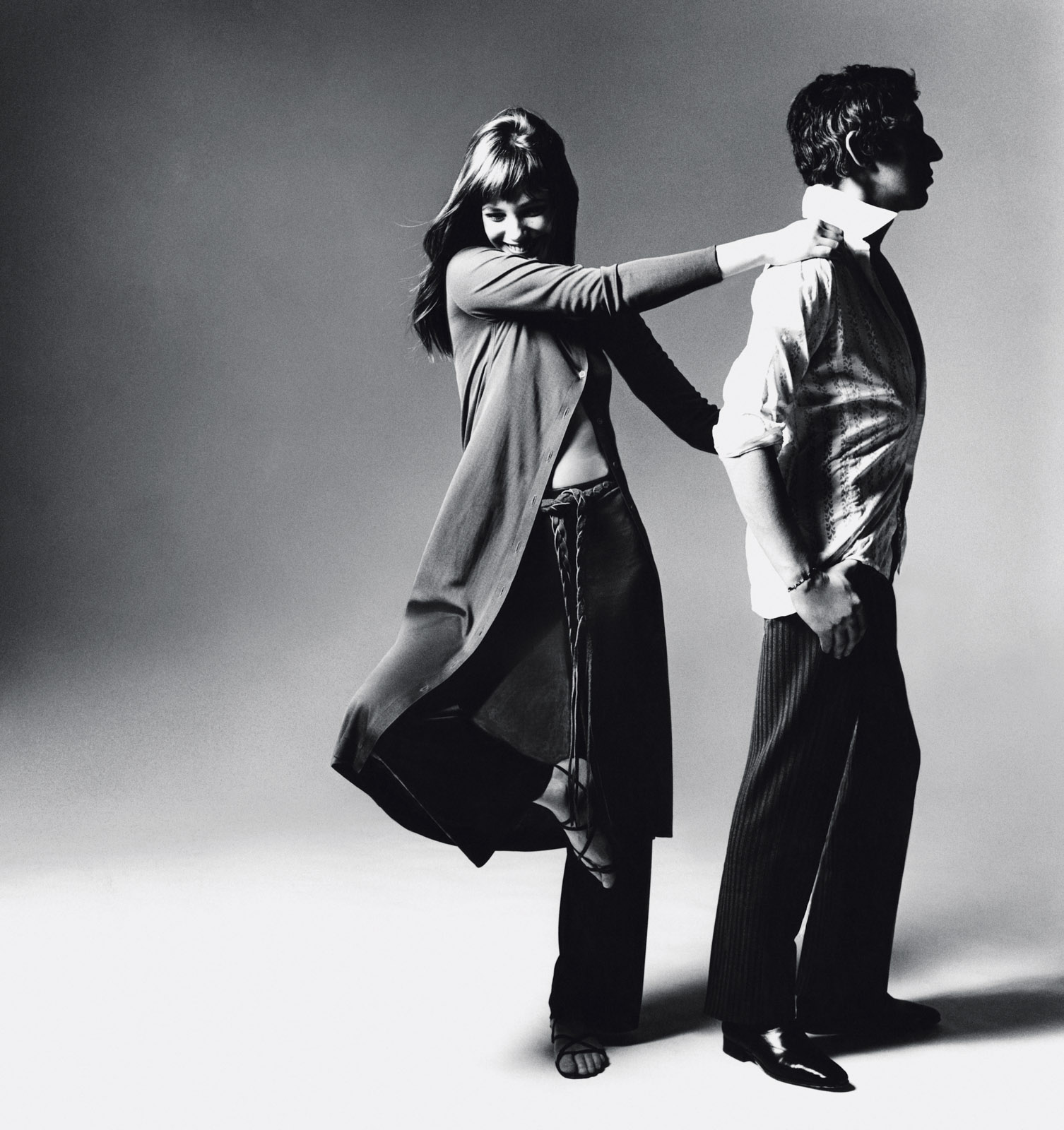
Gainsbourg, who died in 1991, was also a national treasure. ‘He was the greatest poet since Apollinaire,’ Birkin says, and in some ways that is true. There is probably no other modern French musician who has had the same impact on French culture, despite – and perhaps because of – his provocative genius.
Birkin herself is embraced on the street. People feel they know her, partly because of the revered Serge, but also because of what she has accomplished on her own since they split up in 1980. She says she can’t imagine living anywhere else. British as the Queen she might be, but France created Jane Birkin.
She arrived in Paris to audition for a film – also starring Gainsbourg – not speaking a word of French. Today she flits between her native and adopted tongue effortlessly, writing films, songs and scripts in French before switching back to her impeccable English. In which language does she feel more comfortable? ‘I don’t know,’ she muses. ‘Was I just speaking to you in French or English?’
An elegant (and very pricey) handbag was named after her in 1984. Seeing the young mother clutching her handbag (Birkin normally carried her cherished wicker basket but her then-partner, Jacques Doillon, had just reversed his car over it) stuffed with pens, papers and other paraphernalia on a flight to London, Hermès chief executive Jean-Louis Dumas was inspired to create a handbag for her. The rest is history. (Although she famously wanted her name taken off the crocodile ones in 2015, ‘having been alerted to the cruel practices reserved for crocodiles during their slaughter to make Hermès handbags carrying my name,’ as she said in a statement at the time. After the brand reaffirmed its commitment to upholding better practices in line with international standards, Birkin dropped her request.)
She and Serge roamed Paris nightlife like a couple of nocturnal creatures until they broke up after 13 years together.
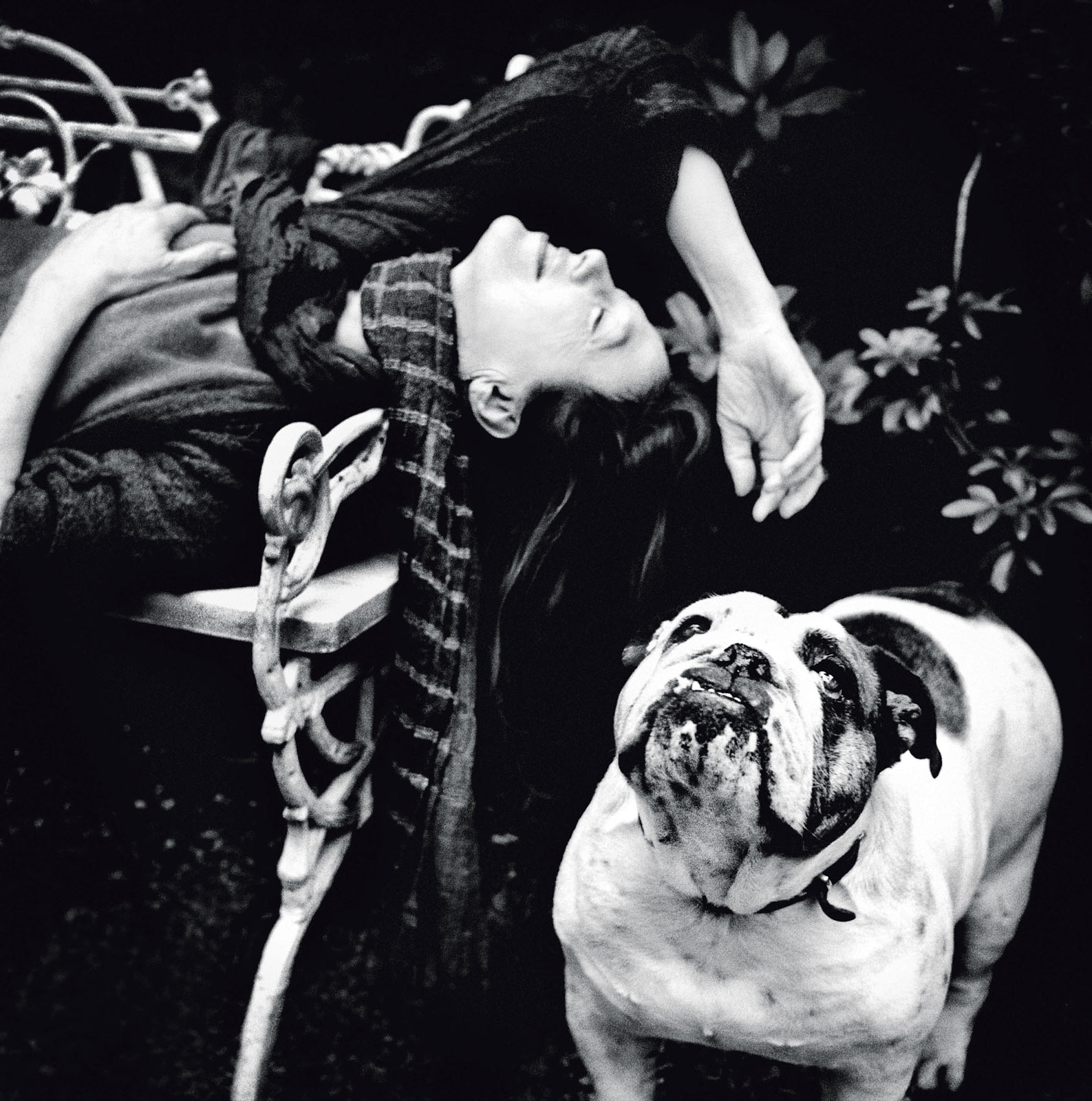
Their antics, their arguments – their union – were never anything short of epic. Birkin left him, pregnant with Jacques Doillon’s child, Lou, to live with the director. Serge was gutted, but went on to have another child, Lulu, with French model Bambou. Birkin and Gainsbourg continued to collaborate musically, and in some ways it seems they never split. He still seems very present in her life.
She and Doillon also parted. Birkin has since lived solo, but hardly seems alone. Her home is full of activity: the phone barely stops ringing, and she just returned from an extended Christmas stay at her house in Brittany with the girls and their children (Lou Doillon Instagrammed the aftermath of the dinner – a table strewn with a turkey carcass, plates, wine glasses, empty bottles) and she is extremely close to her brother, the director Andrew Birkin, and her sister Linda. Tribe is crucial.
‘I had a great English family to help me with the girls,’ she says, of her early years raising her daughters. Her mother was the actress Judy Campbell, Noel Coward’s muse, who inspired the song A Nightingale Sang in Berkeley Square; and her father, David Birkin, was a British naval commander and war hero who commandeered boats ‘on moonless nights’ working with British and French Resistance operatives during the Second World War.
‘He was wonderful to look at,’ she says of her father, who died a week after Serge. ‘He had a cyanide tablet behind his tooth. Amazingly brave.’ Nothing is blasé about Birkin. Everything seems infused with drama, excitement. Everything is interesting, curious.
Everything comes back to music and art. She talks about the complex musical arrangements for Gainsbourg Symphonique and her pride when Lou taught herself to play piano by sticking Post-its on the keys; she went on to win two of France’s biggest musical awards. Birkin talks about the songs she is writing now and the ones she will perform in Hong Kong. ‘The ones Serge wrote for me – like Jane B.’
She loves Asia. After the 2011 earthquake and tsunami, she flew to Japan to see how she could help. There she met Nobuyuki Nakajima, and was touched by his ‘magical’ arrangements of her work. ‘I had packed my suitcase with survival bars of chocolate for people, and ended up doing a concert.’
She then tells of going to Sarajevo in 1996, at the height of the siege, and packing chocolate bars for people but also buying silk nightdresses. ‘Because you could see women’s eyes light up when I pulled them out of my rucksack,’ she says.
All this wandering and adventure led her, eventually, to Gainsbourg Symphonique. ‘One day I mentioned to someone that Serge was inspired by classical music and how beautiful it would have been to have his lyrics interpreted with a symphony orchestra,’ she says.
Birkin is happiest when she’s making music. ‘But also when I’m home,’ she says, motioning towards her lived-in kitchen, full of utensils, pots and pans, jars of spices and tins of tea.
‘I love to make Lancashire hot pot and roasts. English food.’ Serge, back in the old days, used to bring the local police with whom he hung out all night drinking back to their house to taste her hot pot.
Then she lurches into a story of how she first met Aung San Suu Kyi, how she brought footballs to refugee kids in Rwanda and Bosnia – ‘works every time, they love to play football’ – and her plans for the future. She shifts and jumps from one subject to the next, never at a loss for words. She is a seamless storyteller.
She seems, despite the loss of Serge, the loss of her daughter, despite a serious illness that has plagued her in recent years, despite the passage of time, completely unstoppable. Performing once more, with material so close to her heart, has given her immense pleasure. ‘So between Gainsbourg, major poet [the 2015 stage show Birkin performed with French actors Michel Piccoli and Hervé Pierre] and Gainsbourg Symphonique, I feel I have done everything.’



